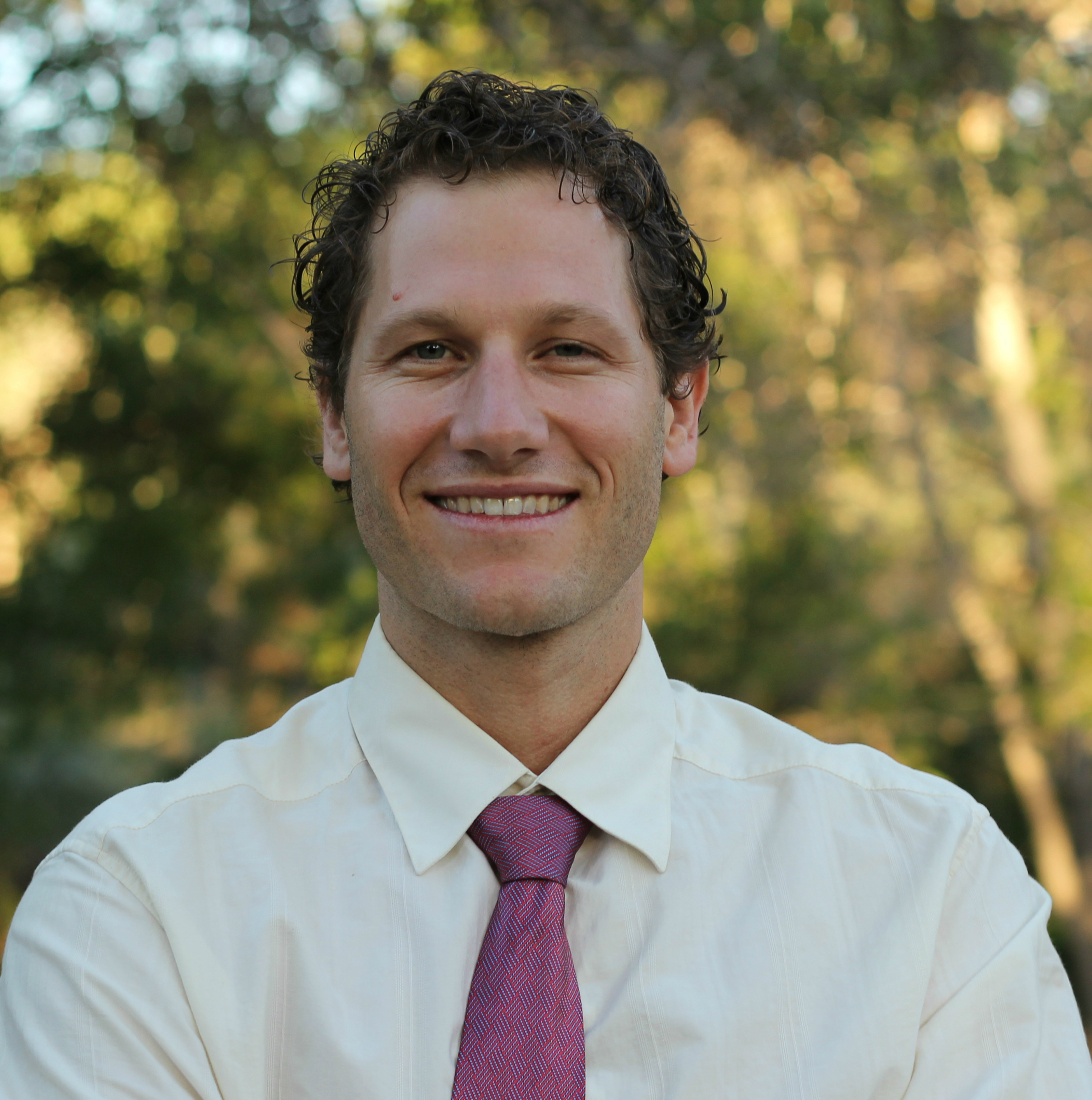Some information may be outdated.
“Brilliant” is one of the adjectives that Grand County Council Administrator Ruth Dillon uses to describe Zacharia Levine, the county’s new community development director.
“We were looking for someone with leadership skills; a visionary; someone well-educated in planning efforts and ideally, knew our area, and is passionate about their field,” Dillon said.
Plus, he has good “people skills” as a collaborator and communicator, she added.
Levine, who started his new job on Jan. 6, replaces Krissie Braun. He came to the position less than two months after he narrowly lost the 2014 general election race for Grand County Clerk/ Auditor by seven votes.
He was among seven qualified candidates for the community development position, according to Dillon, who served on the hiring committee alongside Grand County Human Resources Director Orlinda Robertson and Grand County Planning Commission chairman Mike Duncan.
The county’s General Plan will guide Levine as he makes recommendations and suggestions for Moab’s future development. The General Plan establishes county goals for the future and provides direction regarding decisions affecting land use and development, preservation of open space, transportation systems, community partnerships, economic growth and the expansion of public facilities and services.
The primary job of the community development office is to manage land use applications for privately-held land in Grand County. Levine will also give ongoing support to the planning commission and board of adjustment. In addition, he’ll engage the community when it comes time to update the county’s General Plan, provide technical reviews, and present his analyses to land-use applicants, the general public, the planning commission and the county council.
Prior to taking the county job, Levine conducted research for the University of Utah’s Department of City and Metropolitan Planning, where he helped create the Ecological Planning Center.
“Its goal is to create places in harmony with natural systems,” Levine said.
For example, one focus of the center is to study urban water use. Researchers study how urban water is used at various times of the year and find ways to better manage supply and demand. They are seeking ways to reduce urban water consumption for non-essential uses – such as watering turf grass in the middle of a desert environment, Levine said.
By working with landscape architects and policymakers, researchers were able to implement landscape designs that use water more efficiently, provide aesthetic and cultural value, and also reduce storm water runoff, he added.
Levine was raised in the coastal town of Carlsbad, California, north of San Diego. He later worked in the San Francisco Bay Area for a few years as an industrial engineer and consultant after graduating from the University of California – Berkeley with an industrial engineering degree.
Levine gained rural community development experience while working in the southeast African country of Malawi for seven months over a period of two years.
There, he worked on civil infrastructure and appropriate technology; leadership training of youth and community leaders; education; and micro-financing. Micro-financing provides small loans with flexible payback policies to individuals or groups in developing nations who want to start businesses. Recipients typically would not be able to obtain a regular loan from a formal institution.
Levine has also worked in real estate development, transit-oriented development and conservation subdivision design.
While transitioning to a move to Moab, Levine spent two summers working for SPLORE, a nonprofit that facilitates outdoor trips for people with disabilities. He’s been a Moab resident for the past seven years.
He sees issues such as affordable housing, public transportation and public health – including mental and behavioral health – as some of the big challenges. He’s also focused on the areas of civic participation and community engagement, he said.
“My hope is to make the planning and development process more transparent, more widely understood and inclusive of citizen participation,” Levine said.
One way he said he plans to achieve that is by updating the planning department’s page on the county’s website, www.grandcountyutah.net.
“There will be more resources for residents to engage in conversations; to connect to community groups,” he said. “We’re creating workshop and open house opportunities and will introduce some kind of online engagement platform.”
The majority of Grand County’s 3,694 square miles of land is state or federally owned. This can be an issue, as local planners have no say regarding economic activities in those areas, including leasing, recreation, and oil and gas development. However, these activities still create impacts on the county’s roads, air quality, facilities and human resources, Dillon said.
Levine’s established relationships with land management agencies will be a plus for Moab, Dillon said.
“He also has a relationship with the Governor’s Office of Economic Development,” she said. “That could help Moab. Land-use planning and economic development go hand in hand.”
Levine’s background as an industrial engineer will be helpful as well, Dillon said, as the county does not have a civil engineer on staff. The county has “daily needs for engineering skills,” Dillon said, and Levine will be able to “speak comfortably to developers and engineers with various conditional use applications.”
Levine is married, has a son, and likes to cook. And, whenever he can, Levine said he enjoys spending time outdoors – mountain biking, skiing, rafting and hiking.
Dillon said her office is glad to be working with Levine.
“He listens and he’s here for the community,” she said. “He listens, absorbs and pulls things together. He’s a natural planner.”
Levine sees housing, public health, transportation among major issues
My hope is to make the planning and development process more transparent, more widely understood and inclusive of citizen participation.
Appreciate the coverage? Help keep local news alive.
Chip in to support the Moab Sun News.





